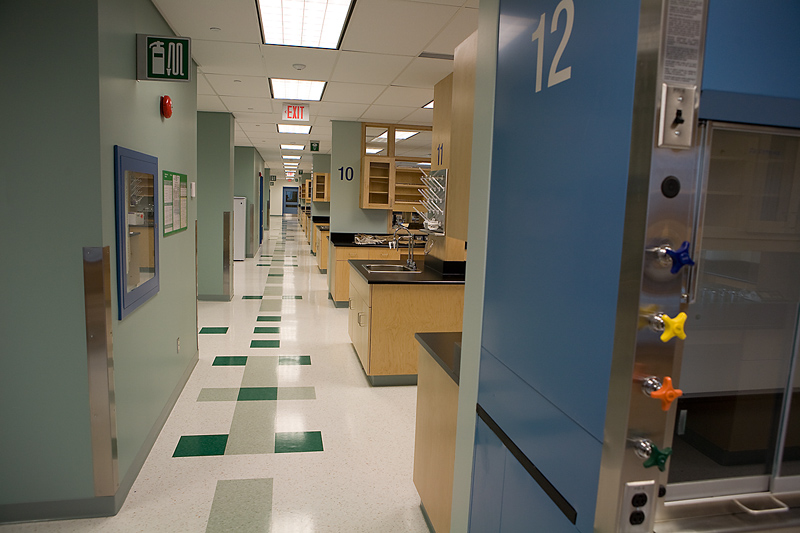WEDNESDAY, March 2, 2016 (HealthDay News) — Patients who’ve received a steroid injection for hip pain should wait at least three months before having hip replacement surgery, a new study suggests.
“The risk of developing an infection after surgery increased significantly in patients who had a hip replacement within three months of receiving a steroid injection,” study author Dr. William Schairer, from the Hospital for Special Surgery in New York City, said in a hospital news release. “However, in patients who had a steroid injection and then waited three months or longer to have the surgery, there was no increased risk at all.”
Steroid injections are widely used to ease pain and inflammation associated with arthritis. These injections can weaken the immune system, which could increase infection risk, the researchers explained.
“Hip replacement is a common and safe procedure that relieves pain and improves quality of life, and overall, the risk of developing a joint infection is low,” said senior study author Dr. Seth Jerabek, an orthopedic surgeon at Hospital for Special Surgery.
“Although the risk is low, an infection is one of the most dreaded complications of joint replacement. Patients often need to undergo additional surgery, receive intravenous antibiotic treatment, and are off their feet during a lengthy recovery,” Jerabek said.
For the study, the researchers analyzed the records of 177,000 patients who underwent hip replacement surgery for osteoarthritis between 2005 and 2012.
After identifying those who received steroid injections before surgery, the researchers divided the patients into one of four groups: those who did not receive a steroid injection, those who had hip replacement surgery six to 12 months after a steroid injection, those who had surgery three to six months after receiving the injection, and those who had surgery within three months of an injection.
The infection rate was 2.06 percent among the patients who never received a steroid injection, but rose to 2.81 percent for those who had surgery within three months of an injection. That represents a 40 percent higher risk for infection.
Patients who had a steroid injection three to 12 months before surgery were at no greater risk for surgical site infection, the study showed.
The findings were to be presented Wednesday at the annual meeting of the American Academy of Orthopaedic Surgeons in Orlando, Fla.
Research presented at meetings is considered preliminary until published in a peer-reviewed journal.
More information
The U.S. National Institute of Arthritis and Musculoskeletal and Skin Diseases provides more information on hip replacement surgery.
Copyright © 2026 HealthDay. All rights reserved.

